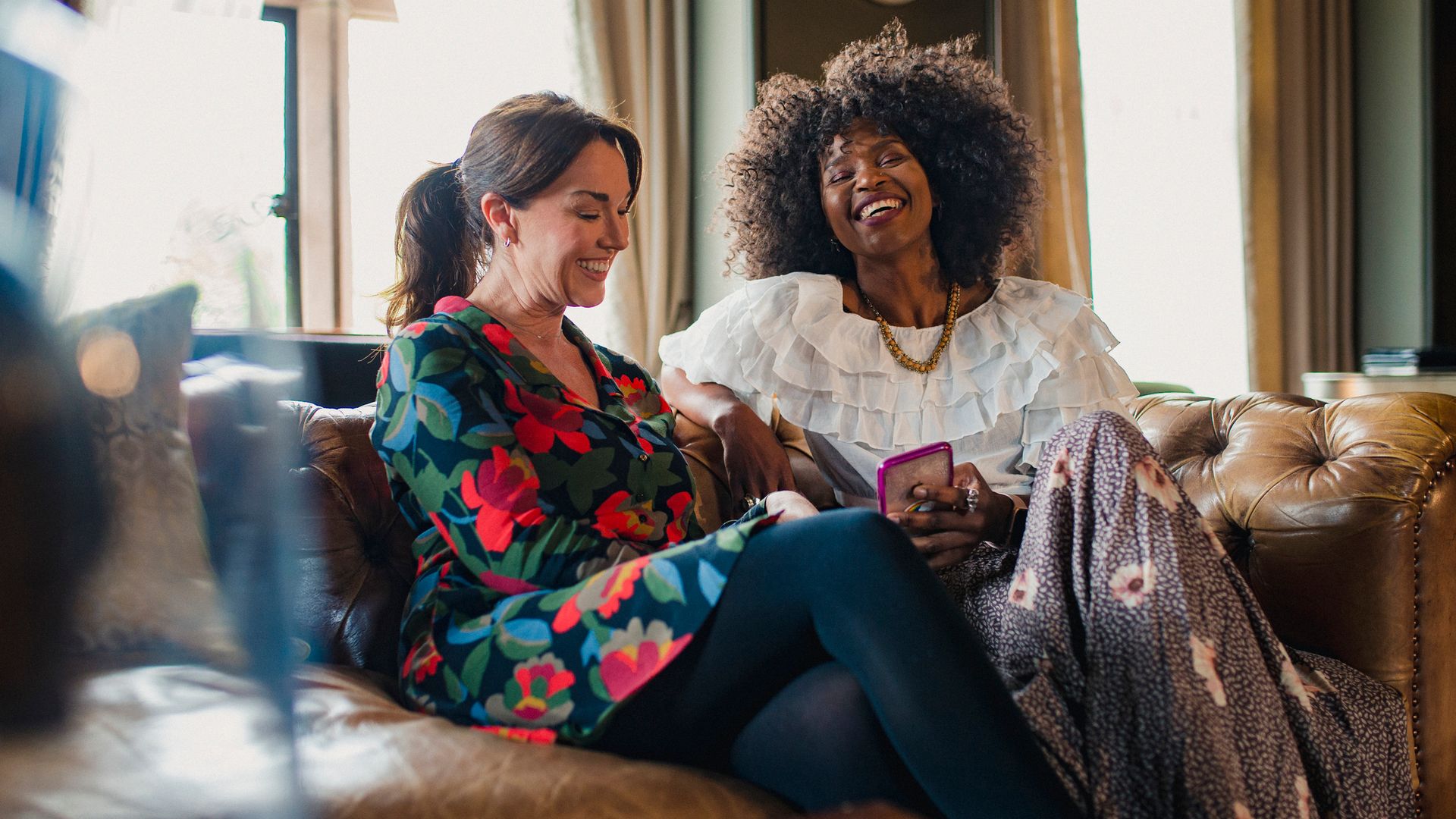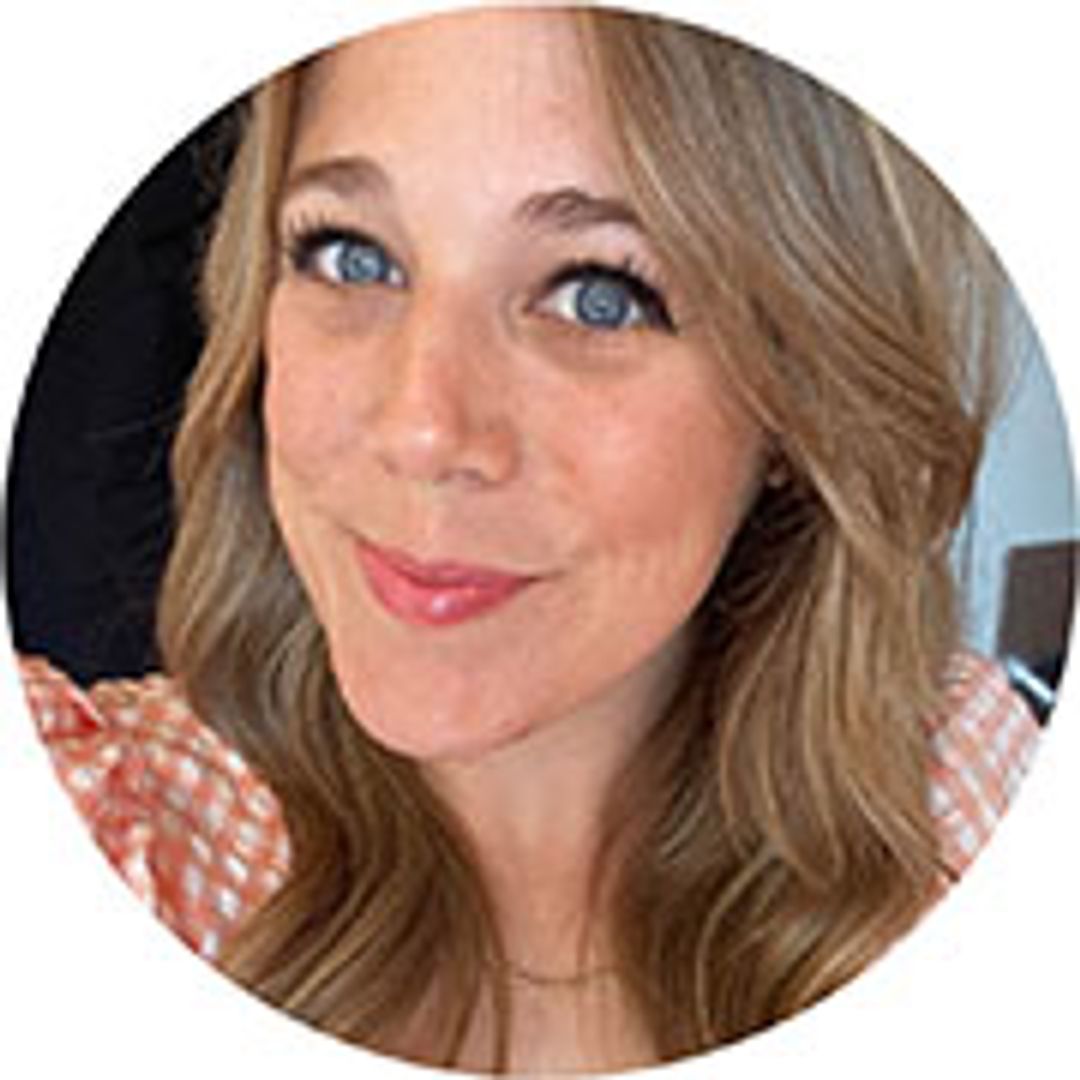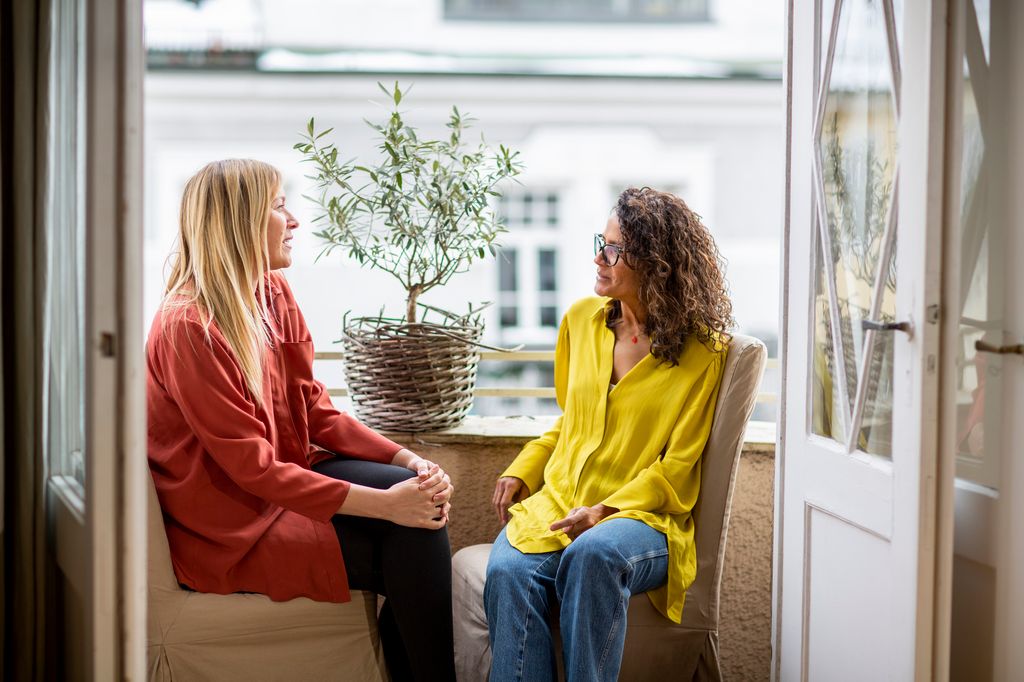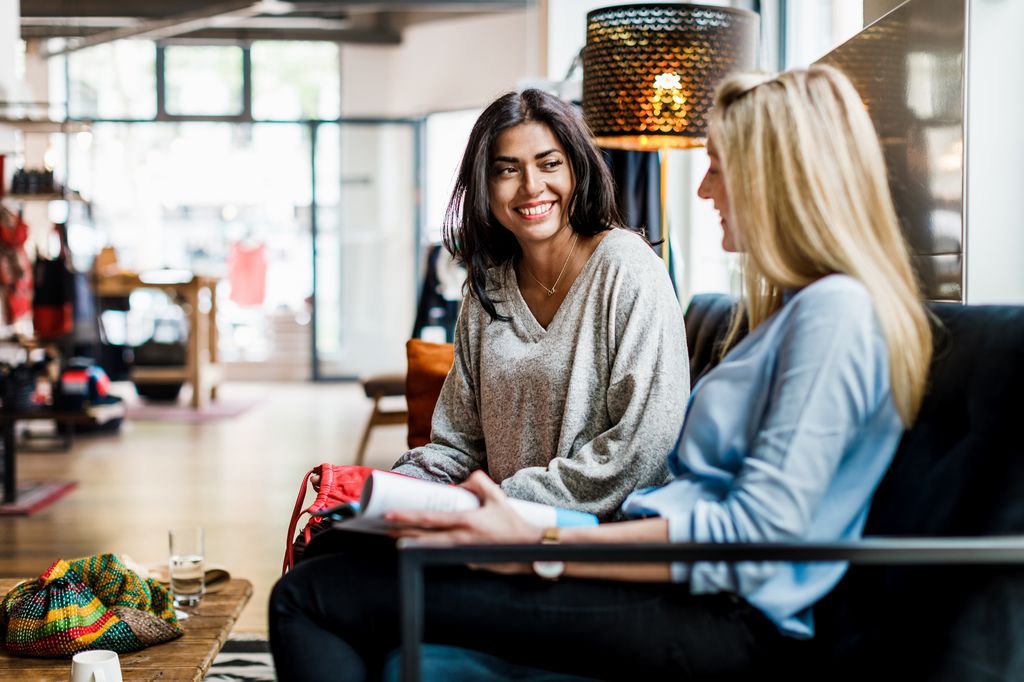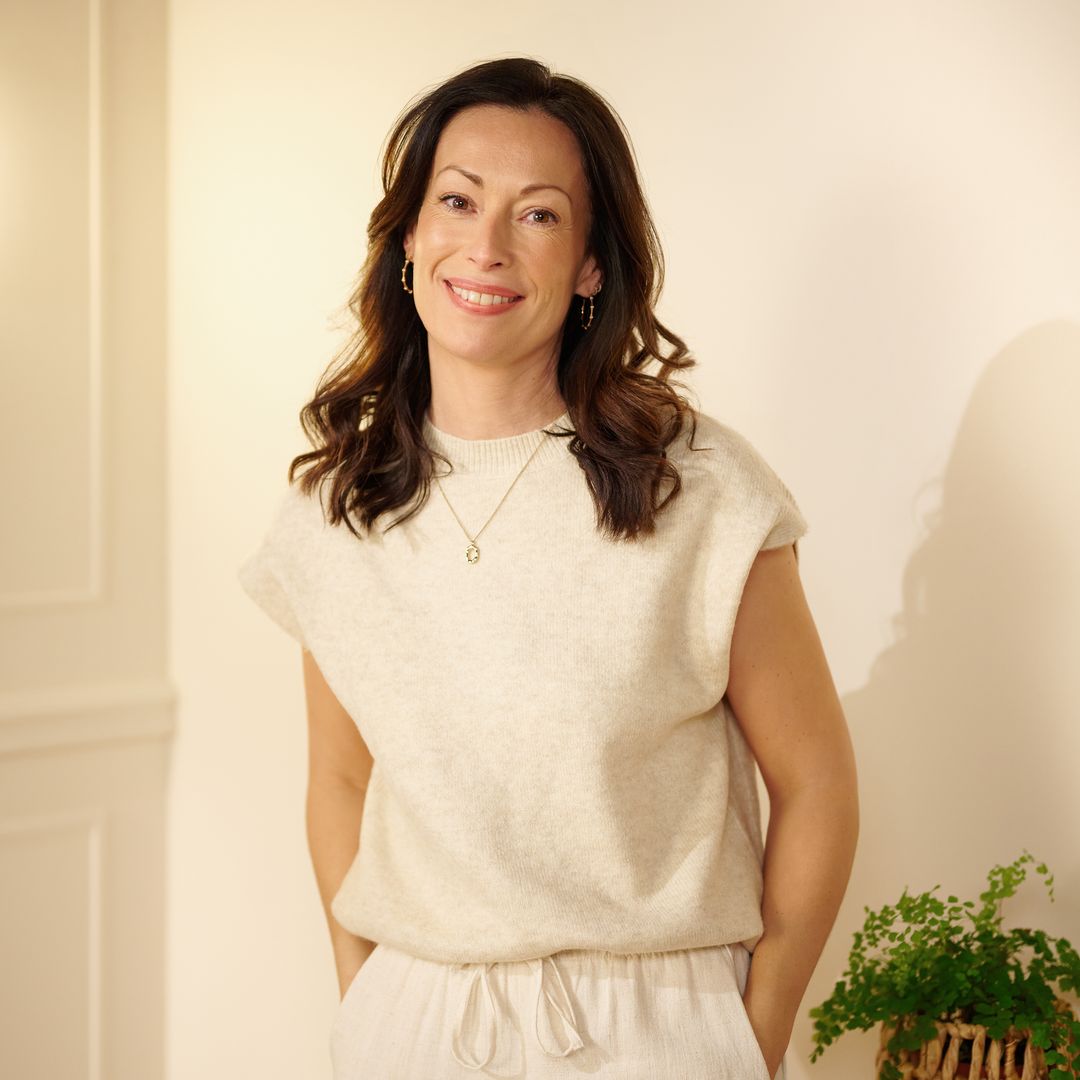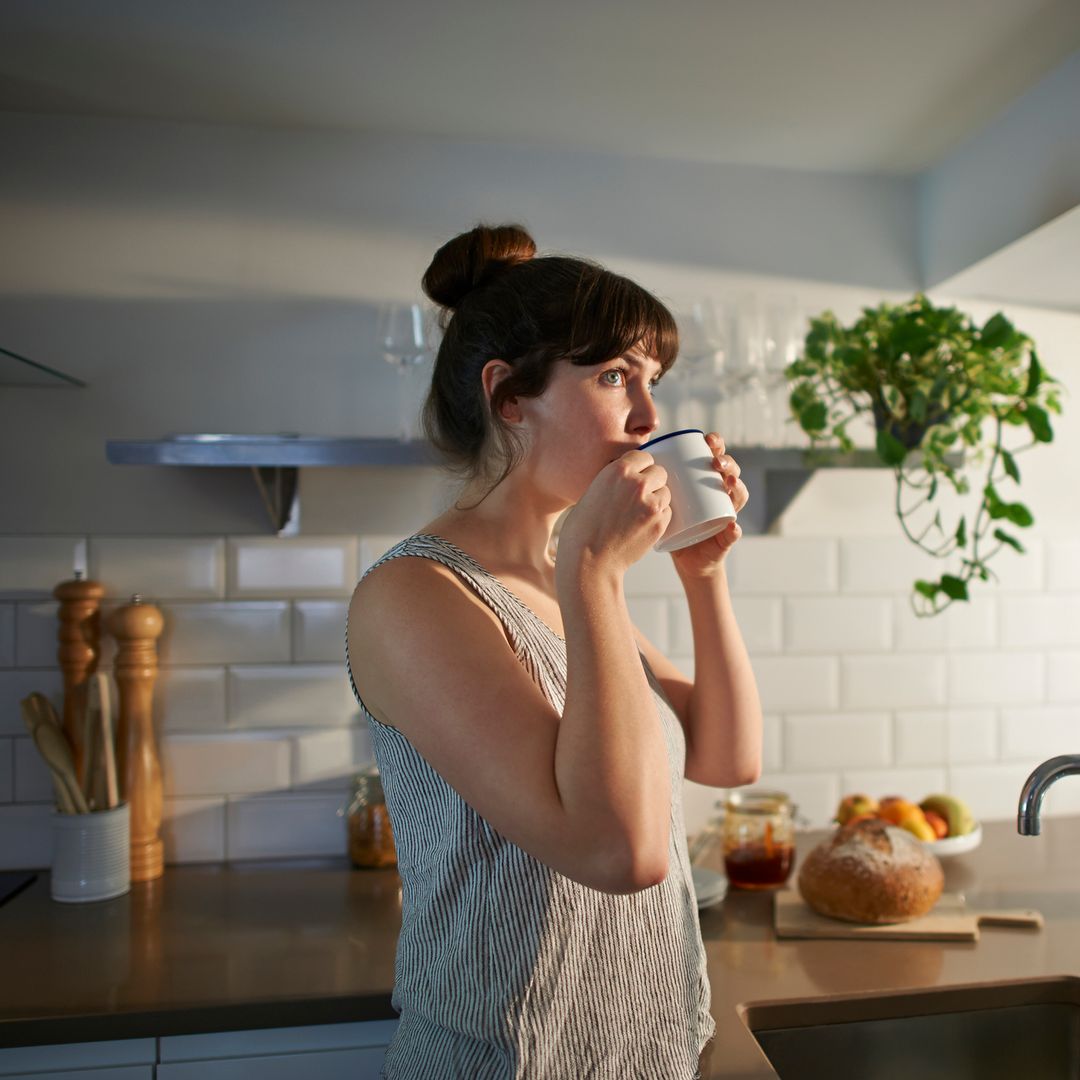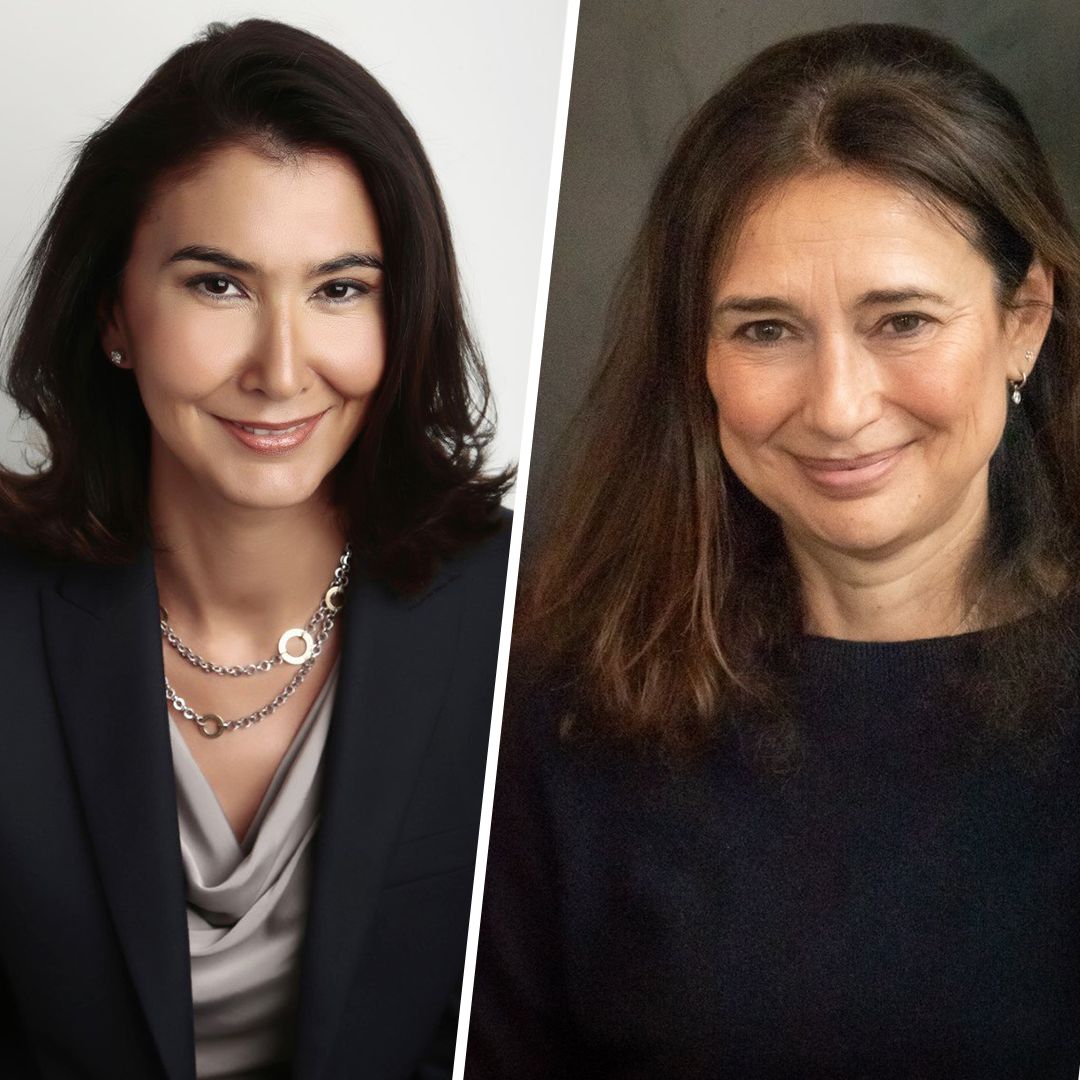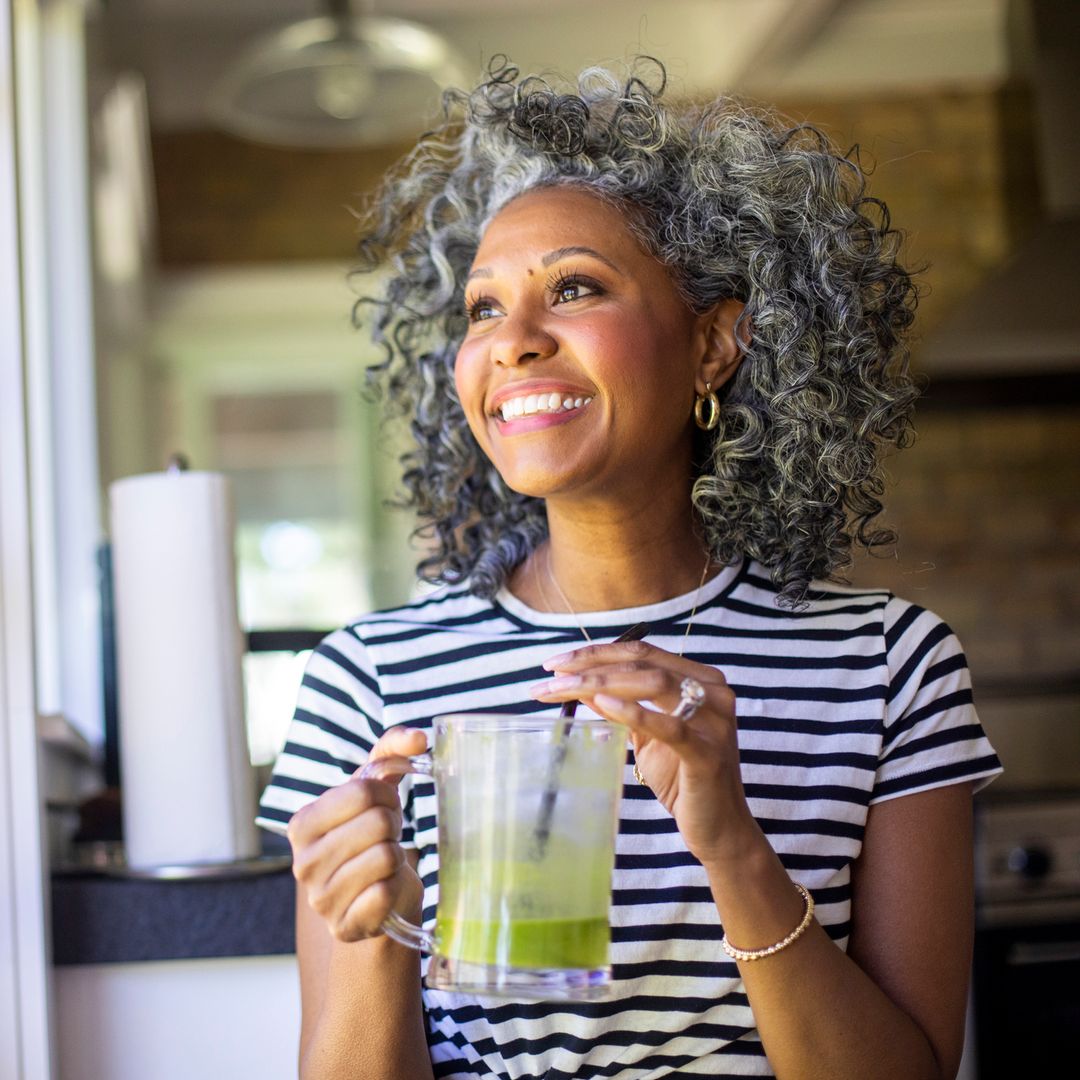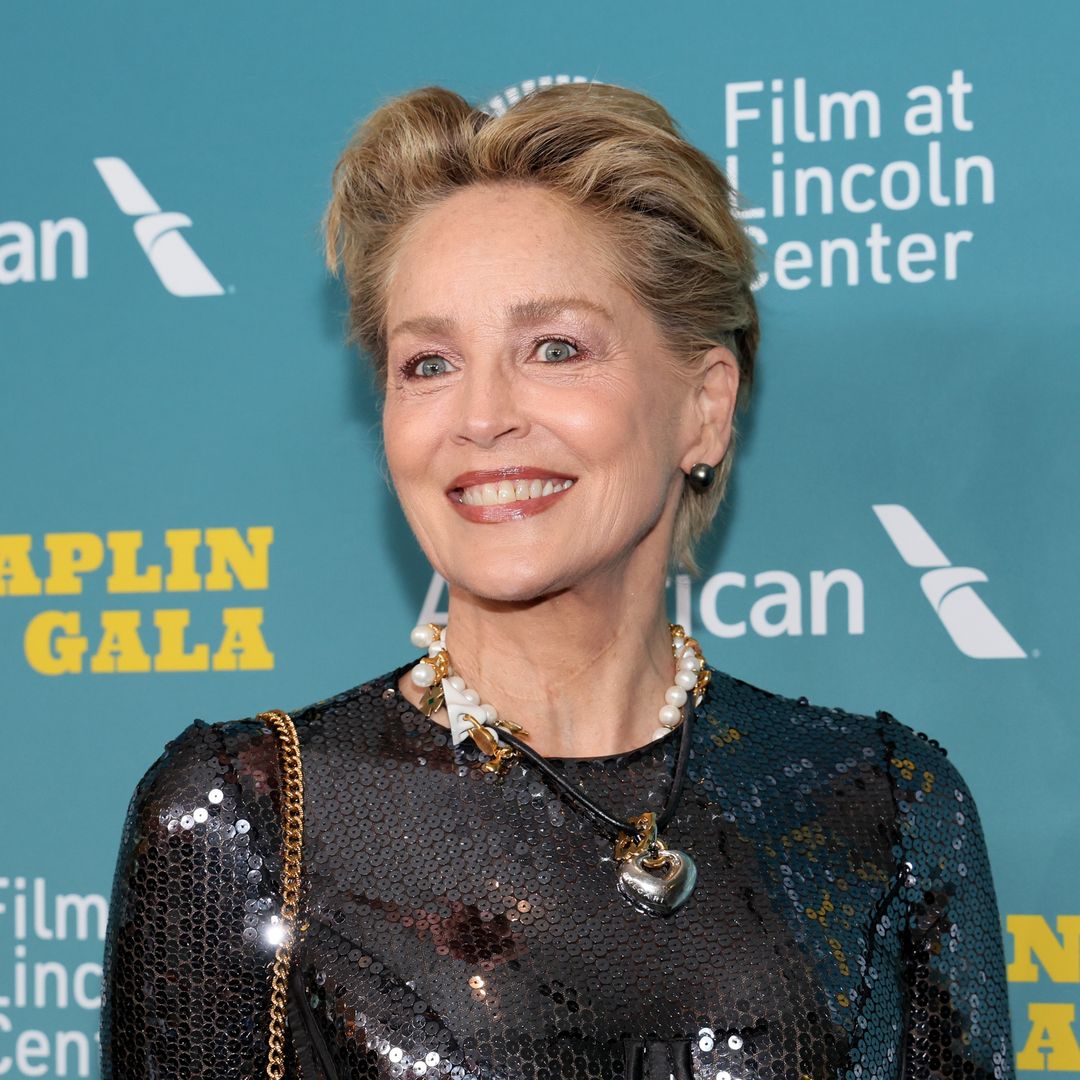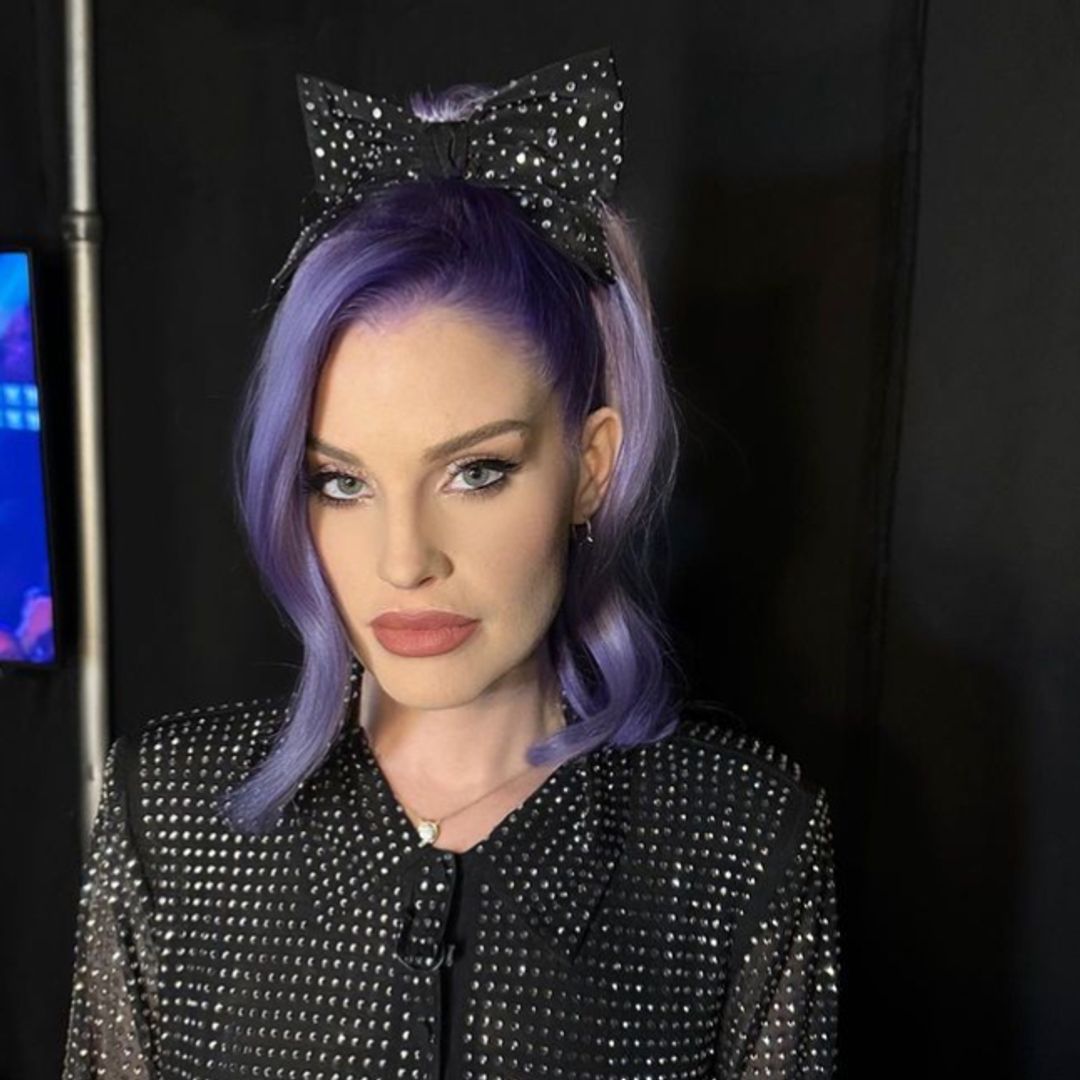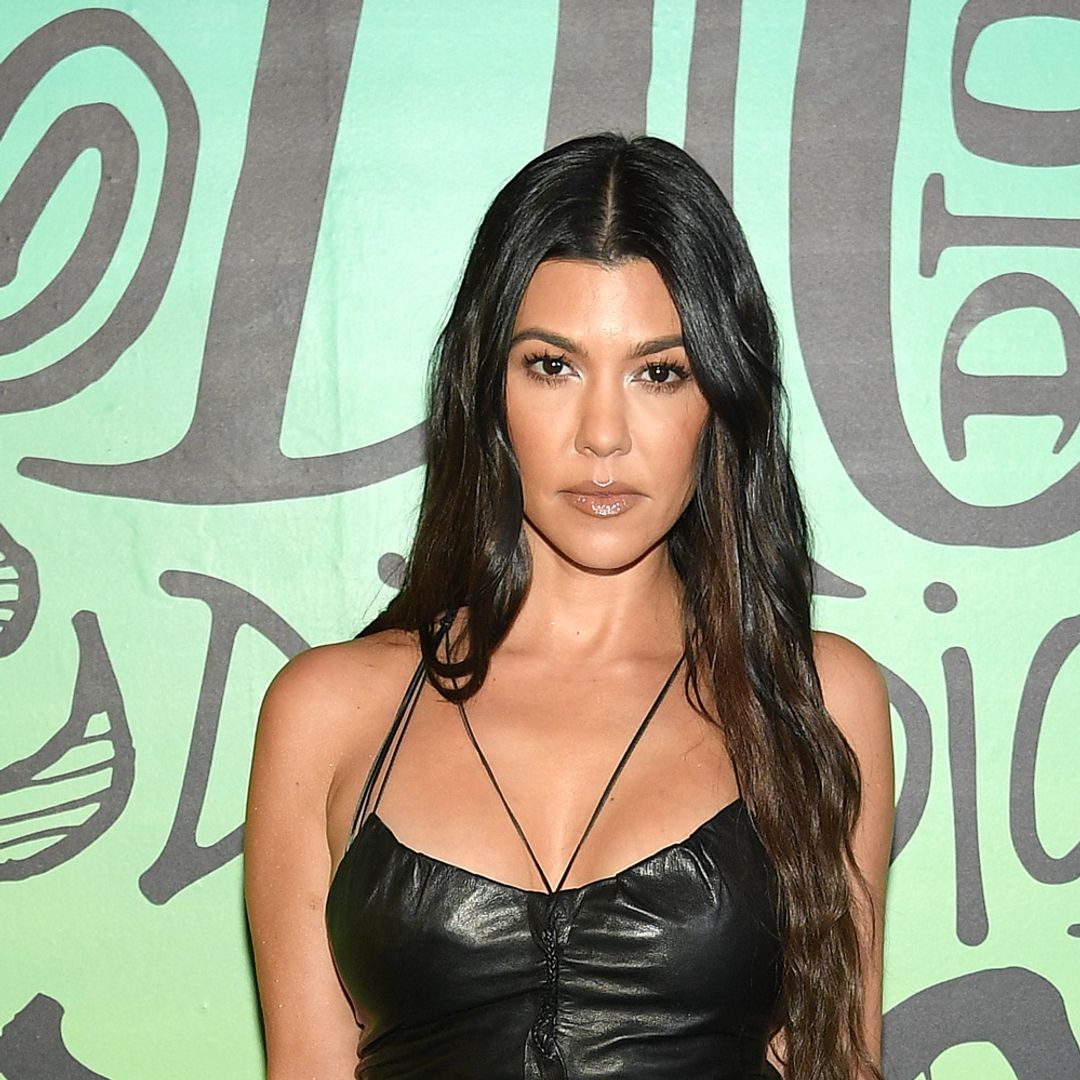As a female GP of a certain age, I am surrounded by perimenopausal women in both my social and professional life.
I'm the only medic in my group of friends, so I am the default person to ask for advice on topics ranging from eczema treatment to undiagnosed ADHD to signs of a brain tumour, and the number of conversations I’ve had on evenings out regarding menopausal symptoms and the benefits, risks, and availability of HRT probably equals the number of GP consultations I’ve spent discussing the same topics.
You’d think that this level of continuous dialogue would make me an expert on the subject, a woman and doctor capable of answering all queries and providing guidance on how to cope with this challenging time of life, but if there’s one thing I’ve learned during the past couple of years it’s that there is no such thing as a ‘standard menopause’ and no such thing as the right advice for all perimenopausal women.
Our experience of menopause varies hugely both in terms of severity and duration. At work, I see patients who breeze through their menopause with nothing other than a vague sense of relief that they no longer have to spend a fortune on sanitary towels.
Other women develop symptoms of fatigue, irritability, depression, poor concentration, low libido, bladder symptoms, vaginal dryness and joint pain as early as their thirties, or suffer from debilitating hot flushes that disturb sleep and daily activities for many years.
The good news is that we are all at least talking about menopause now, the stigma of (whisper it) ‘the change’ is reducing and there are treatments available to provide relief for the majority of symptoms.
The bad news is that the benefits of certain treatments remain poorly understood due to the lack of research into women’s health, and often the conversations around these therapeutic options are binary, didactic, and surprisingly paternalistic, with celebrities and specialists telling women that they must be on this medication, take these particular supplements, or stick religiously to this diet and exercise regime.
READ: What menopause experts want you to know about your new era
The reality, as with so many aspects of women’s health, is much more nuanced. We certainly need an increase in research and a much larger evidence base, but critically we need more time for the voices of women experiencing menopause to be heard.
In writing my book, Hot Mother, I wanted to put midlife and menopause in context. I also wanted to show it from different perspectives with four women who are all experiencing middle age in their own individual ways.
The recent increase in public awareness around menopause is welcome, and long overdue, but there remains an underlying confusion about what this time of life feels like or looks like, and a fear amongst younger women about what is in store for them. I worry that menopause may in fact have become yet another stick to beat women with, making them feel that they’re simply not doing it right.
There are many ways to ‘do’ menopause. And all of them are acceptable; whether you’re evangelical about HRT, testosterone gel and powerlifting, or you prefer mindfulness and herbs, whether your options are limited by other risk factors or by the fact that you’re simply too busy looking after everyone else to even think about your own health.
READ: I’m a menopause expert - here’s how to be happy in menopause
The most important thing when it comes to menopause is choice and empowering women to make informed decisions about their own bodies, whilst also accepting that midlife is challenging with or without the hormone shifts.
Because menopause does not occur in isolation. It happens to women who are already pretty busy thank you very much - looking after children, running a household, running a business, caring for elderly relatives, carving out a career and trying to be a good friend, a loving partner and a fully functioning member of society.
This is a lot to deal with even before your oestrogen levels start to drop. Losing a sense of yourself, feeling invisible, questioning your role in life and your ability to cope - it’s important that you take some time out to look after yourself.
In fact, that’s probably the single most useful thing I’ve learned about menopause, that we middle-aged women really need to cut ourselves some slack.
Find out more about Nancy's new book, Hot Mother, out in July.
